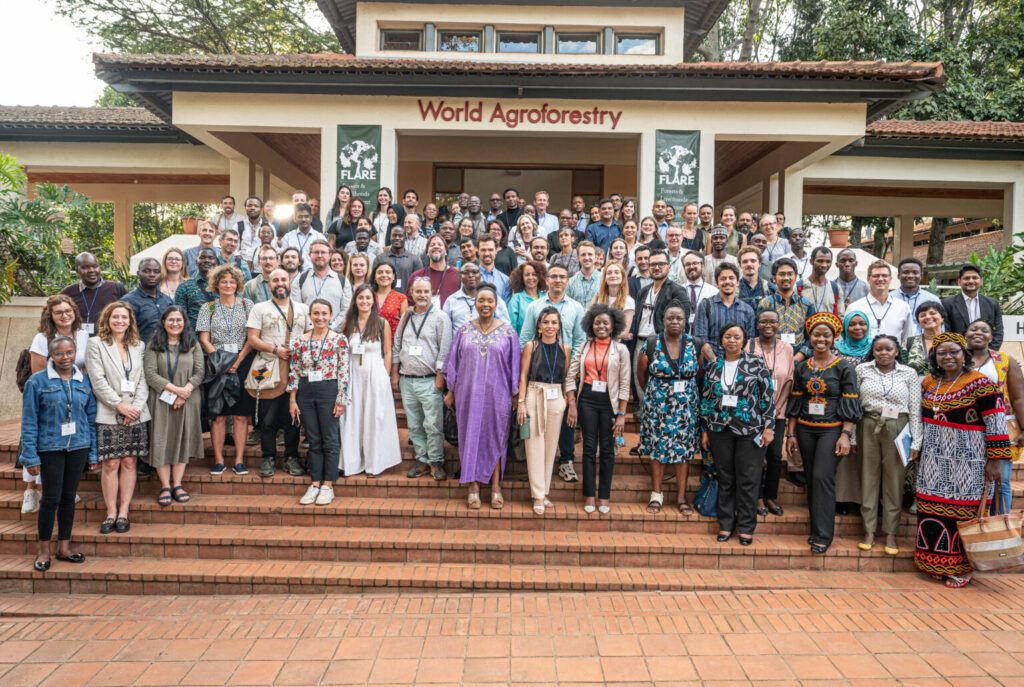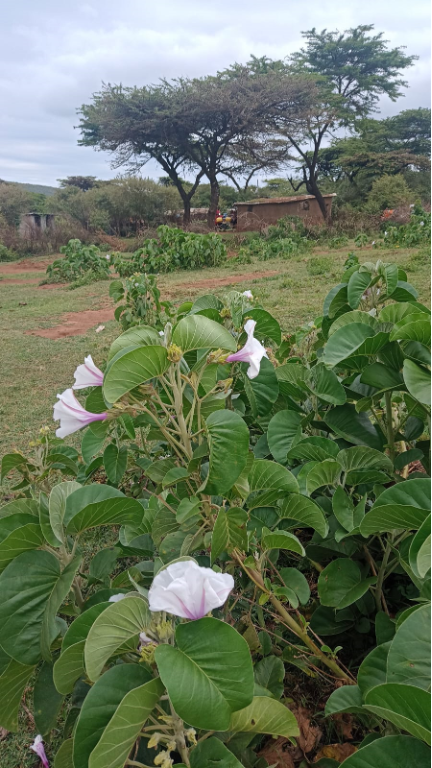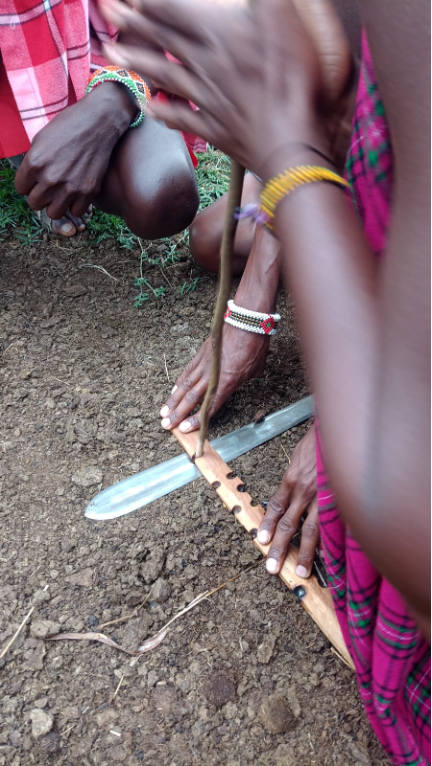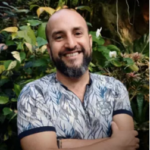Reflections from Kenya’s FLARE Annual Meeting 2023
The FLARE (Forests & Livelihoods Assessment, Research, and Engagement) Annual Meeting 2023 took place in Nairobi last October. I was delighted to be able to attend the first Global South location of a FLARE annual meeting both as a presenter, an audience member and an interviewer. I am currently doing my PhD at Lund University in the Colombian Amazon, using a participatory approach to understand and support Indigenous knowledge that regulates the consumption of wild fauna in this tropical region.
The annual meeting aimed to advance and promote the link between research and action for thriving forests, trees, and people and took place in a conference setting. Even though it might seem obvious that livelihoods directly depend upon ecosystems, the link is not yet widespread within academia.
Forest and livelihood interdependency is usually better understood by communities that directly interact with and depend on ecosystems on a daily basis (Ostrom. E, 1990), a common case in tropical territories. This has been a challenge for academic methods and reasoning, emanating from locations where theory and modernity are the key drivers. The need of practice-ecosystem-stakeholder based conservation research has long been pointed at, but still isn’t fully being addressed by the mainstream.
215 local leaders, representatives from neighbouring countries and international researchers from more than 40 countries joined the CIFOR-ICRAF agroforestry centre in Kenya to share their findings and discuss the challenges faced during their research. I was lucky to get to know researchers from all over the world and even interview a few of them.
Innovative spaces and new learnings at the conference
Besides focusing on the link between ecosystems and livelihoods, the conference included a series of “innovative sessions’ for the first time. These sessions were designed to engage differently around forests and livelihoods. I was most inspired by these new and innovative sessions, as I felt that something or someone different was walking the road of participatory and communitarian action research. In this case, four women showed me at least four different ways this innovation can be done in research: Fernanda Liberali working in Brazil, Debbie Pears, conducting research in Colombia, Lucinda Middleton, based in Indonesia, and Roxventa, located in Kenia.
Play and body connection
Meeting outside the conference rooms, holding hands in silence and tuning in with the softest inner body movements and emotions was how I experienced the work of Fernanda Liberali; a strong and vital woman with a PhD in applied linguistics, from the post-graduate programme of applied linguistics at the Pontific Catholic University of São Paulo. Fernanda explains how the individual connection with our own bodies allows us to reach a level of honesty that – when done in a group – raises a level of confidence and transparency that allows a group to express and address any issue effectively and passionately. She achieves this not only by initially playing with the participants but also by sharing the powerful stories of transformation with intergenerational cases that addressed environmental and socio-ecological struggles at the local level in different parts of the world. I must say that this was the most meaningful space for me at the conference.



